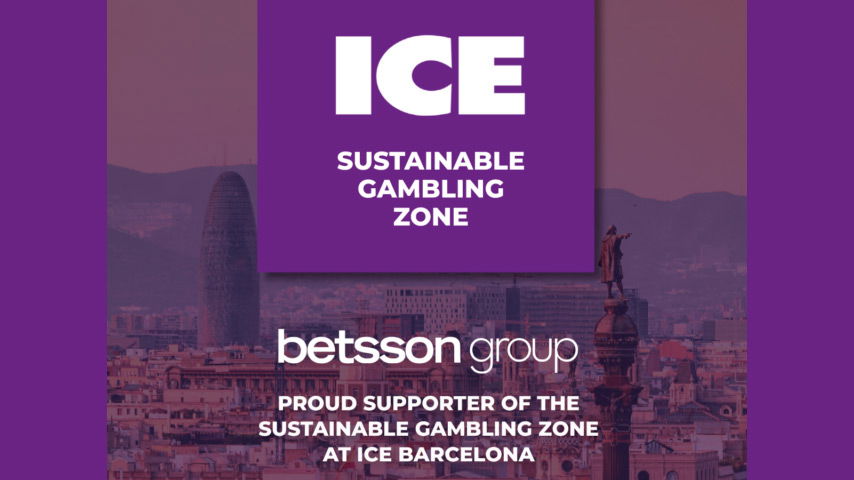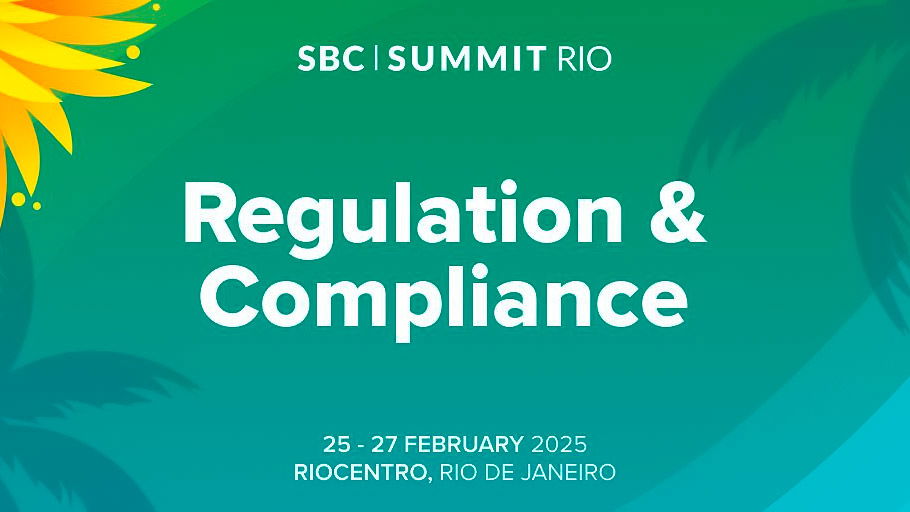Asia-Pacific casino visits could drop by 60-80% in 2020 first half

The Asia-Pacific gaming industry is bracing for “negative cash flows” as casino visits drop as governments prohibit large crowds during the COVID-19 outbreak, according to S&P Global Ratings.
In a report Friday, S&P Global Ratings estimated casino visits could drop by 60-80% in the first half due to restricted movement, traffic flow and temporary closures of establishments ordered to contain the spread of the virus.
“This is exacerbating weak consumer sentiment and leading to negative cash flows. Gaming equipment makers and lottery/betting operators are experiencing similar pain from the temporary closure of venues,” it said, as reported by BusinessWorld.
Without mentioning specific firms, S&P Global Ratings said balance sheets of all operators will inevitably deteriorate this year, while “some companies may breach our downgrade triggers.” “We expect profitability to fall faster than revenue for casino operators because of: (1) their minimum operating expenses; and (2) a faster decline in higher-margin mass-market than for the “VIP” (or high-roller) segment,” the credit rater said.
“Ratings on CreditWatch reflect significant anticipated stress on revenue and cash flow over the next several months, or possibly longer, that could cause us to lower ratings over the near term, even if companies have a good level of leverage and liquidity cushion,” S&P added.
To mitigate the blow in profitability, it said issuers might preserve cash flow and rationalize operating costs, including reducing staff, forcing them to go on paid or unpaid leave, halt expensive non-essential events and save as much electricity as possible. Some have resorted to cutting management pay and have applied for relief from governments, including support to workers, postponement of tax payments and subsidies.
While a recovery after COVID-19 is expected, S&P said this might be gradual as “sentiment will likely remain weak.” If the pandemic is largely contained by June, its projections showed a drop in revenue will be still be felt into the third quarter “at a milder pace, before flattening out in the fourth quarter.”
“Some cash could be lost forever. And this comes at a time when various operators in Asia-Pacific are entering a heightened period of capital expenditure (CAPEX),” it said.
In the Philippines, operations of casinos and online gaming firms were among those suspended during the month-long lockdown on Luzon. It was placed under enhanced community quarantine until April 12, restricting movements to essential goods and personnel only.
Philippine Amusement and Gaming Corp. (PAGCOR) Chairman and CEO Andrea D. Domingo has sought an exemption for three of its “high-earning” gaming operations. These include junkets, e-junkets and Philippine Offshore Gaming Operators (POGOs) on a work-from-home basis.
Domingo said junkets and e-junkets only cater to foreign clients, are “segregated,” can be done via telephone while gaming areas are sanitized. She said POGOs can adopt work-from-home schemes like business process outsourcing (BPO) firms. Luzon was placed under enhanced community quarantine until April 12, restricting movements to essential goods and personnel only.

















































